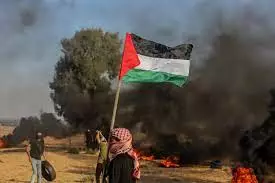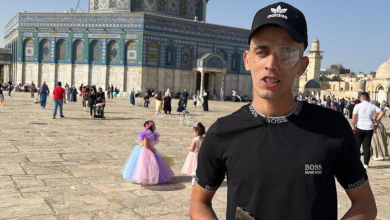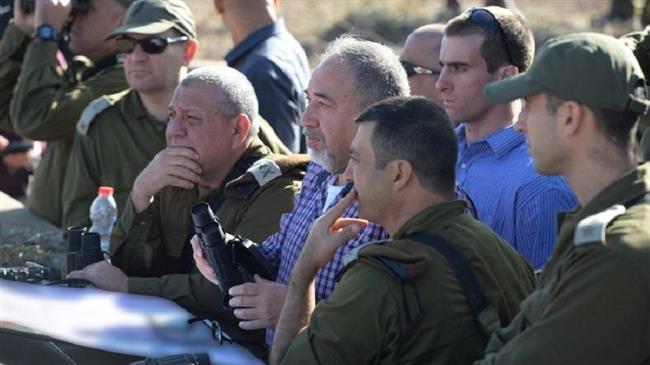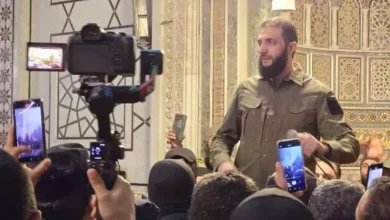Top official: Iran to maintain role in Syria, support resistance
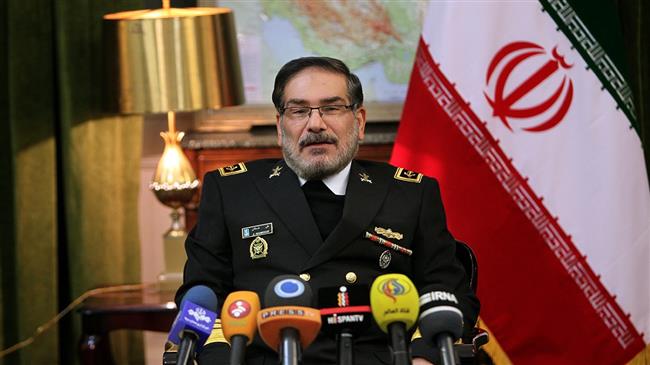

Iran’s top security official says the country will maintain its advisory role in Syria and continue support for resistance groups after the US demanded that Tehran put a halt to those activities.
“As long as the threat of terrorism exists in Syria and the country’s legitimate government persists in Iran’s advisory presence, we will stay in Syria,” Secretary of Iran’s Supreme National Security Council Ali Shamkhani said on Saturday.
Shamkhani, in an interview with Doha-based Al Jazeera broadcaster, stressed that Iran’s presence in Syria is solely aimed at fighting terrorism at the invitation of the country’s “legitimate government.”
US Secretary of State Mike Pompeo on Monday threatened Iran with the “strongest sanctions in history” if it did not comply with a list of steep demands, including the withdrawal of all forces under Iranian command in Syria.
Syria’s Deputy Foreign Minister Faisal Mekdad responded by hailing Iran’s assistance to his country, stressing that the pullout of the Iranian military advisers from the Arab country was not up for discussion.
Shamkhani also dismissed other US demands, including its call that Iran halt all uranium enrichment, stop its ballistic-missile program and give nuclear inspectors access to the entire country.
“Iran’s missile program is completely indigenous and defensive. We will not seek permission from anyone to develop our defense power and will not hold negotiations on it,” he said.
“There is no logical reason to negotiate with a country that does not abide by its commitments. By leaving the JCPOA, the US practically tore up the international agreement,” Shamkhani said, referring to the Joint Comprehensive Plan of Action.
On May 8, US President Donald Trump announced Washington’s withdrawal from the Iran nuclear deal, vowing to reinstate sanctions on Tehran and impose “the highest level” of economic bans on the Islamic Republic.
Shamkhani criticized the Europeans, saying they should have “acted more firmly and decisively in condemning and stopping preliminary US measures in violating the JCPOA.”
“The Europeans kept silent in the lead-up to America’s withdrawal from the JCPOA and this relayed somehow a message of following the United States.”
Shamkhani said Trump’s withdrawal has brought the nuclear deal to collapse and in order to revive it, the Europeans have to guarantee implementing all the obligations they have toward Iran under the JCPOA.
The senior official further dismissed the US call for a regional coalition to stop what it has called Iran’s “malign” activities, which has been welcomed by Saudi Arabia’s allies in the Persian Gulf Cooperation Council.
“This coalition has been designed on the basis of deceit and its goal is to milk” the wealthy Arab states in the region, Shamkhani said.
Iran, he said, has always sought to normalize relations with Saudi Arabia, albeit, “not from a position of weakness but from a position of dignity.”
Shamkhani said Saudi Arabia is trying to impose its own will on the vassal rulers of the regional countries, the result of which has been the destructive war in Yemen and the diplomatic crisis with Qatar.
Iran’s strategy in the Persian Gulf, he said, is defending its territorial waters and confronting any infiltration. “Our policy has not changed. The policy of defense and countering invasion is still on track.”
No retreat from ‘principled policies’ on Palestine
Shamkhani also stressed that Iran will not abandon its “principled policies” on Palestine as well as Tehran’s support for the regional resistance against the Israeli occupation and aggression.
“We consider defending Palestine as defending the Islamic dignity. Hamas is an organization approved by the Palestinian people,” he said.
“Hezbollah and its allies recently won the first place in Lebanon’s elections and Hashd al-Sha’abi was elected by the Iraqi people, being part of the country’s armed forces based on a law passed by the parliament,” he added.

